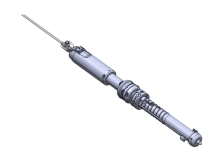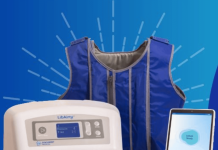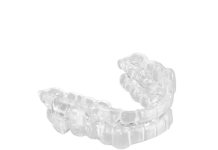Pulnovo Medical announced it received two FDA investigational device exemption (IDE) approvals for its technology.
Shanghai-based Pulnovo won IDEs for its pulmonary artery denervation (PADN) catheter and generator. It can now evaluate its technology in studies for Group I and Group II pulmonary hypertension (PH) patients. With full CMS coverage approval, the company now has a pathway for its upcoming clinical trials in the U.S.
Earlier this year, the company brought in $100 million to support its pursuit of U.S. clinical evaluation.
Related: Centinel Spine wins MDR certification for its prodisc cervical TDR systems
Pulnovo designed its PADN technology to use radiofrequency ablation to target the pulmonary vascular endothelial sympathetic nerve. This can reduce pulmonary artery pressure and slow disease progression. The PADN system has FDA breakthrough device designation.
Its planned studies focus on different patient groups, with Group I evaluating pulmonary arterial hypertension (PAH). Group II looks at PH due to left heart disease. Both studies am to validate the efficacy and safety of PADN technology in the treatment of htese conditions. Pulnovo expects the IDE approvals and CMS coverage to support its planned commercialization efforts in the U.S.
PADN already has regulatory approval in China and Europe. Bringing the denervation technology to the U.S. could pit Pulnovo against some of the big players in the U.S. RDN market. Recor Medical received a landmark FDA nod for its renal denervation (RDN) system in November 2023. Medtronic received its nod for RDN just weeks later. Boston Scientific entered the space with its planned acquisition of SoniVie announced in March.
“The IDE approval marks a critical step in Pulnovo Medical’s commitment to delivering innovative, high-quality solutions for patients with pulmonary hypertension and accelerating the global expansion of PADN technology,” the company said in a news release. “The results of these studies will generate valuable data to further validate the potential of PADN. Progress in these clinical trials is expected to bring meaningful benefits to patients, including improved exercise tolerance in daily life and a better overall quality of life.”




